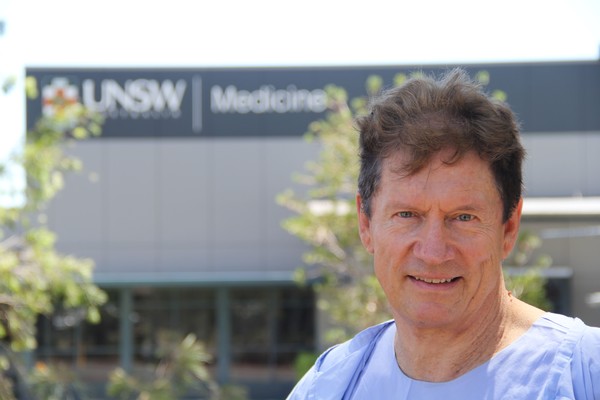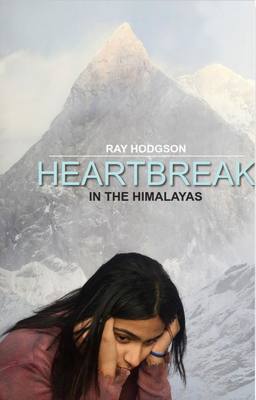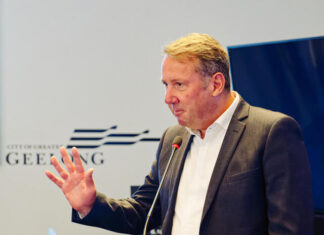A woman whose husband banished her after a miscarriage is just one inspiration for Geelong-raised surgeon Ray Hodgson’s first book.
The gynaecologist, who lived at Bell Post Hill until age 16, has operated on many women facing similar adversity in Nepal since 2010.
The woman, 23, had a stillborn baby after a three-day labour, the 62-year-old doctor told the Indy.
“As a result of that she developed this awful genital prolapse.”
Her husband banished her from home after the “totally-preventable” prolapse left her unable to work and have sexual intercourse.
“And that’s not a rare thing,” Ray said.
“There is so much gender inequity in Nepal. The culture is serene and mystical but (it) has it’s dark side.
“To be fair there are some absolutely wonderful men who would do anything for their wives, but there’s a group of men that are not so loving.”
The woman, Jumari, had difficulties walking, chronic pain and incontinence.
But in a three-hour operation Ray and his team changed her life.
“We fix that sort of thing all the time,” he said.
“They’re really quite frightened when they come in. At first you feel gutted. We try not to get emotionally involved and stay professional.
“But the reward you get from treating these people, who you can’t even communicate with in terms of language, is just next level.
“They’re just so expressive with their eyes.”
Jumari’s story is one of many in Ray’s new book Heartbreak in the Himalayas.
“You can’t help being moved by the heartbreaking stories of these women,” he said.
“We wouldn’t stand for this in our country and we shouldn’t stand for this in any country.
“But most people are blind to the appalling conditions these women and babies suffer.”
He released the book last Thursday to raise money for a women’s and children’s hospital in Nepal.
“For some reason there’s more prolapse in Nepal than other country in the world,” he said.
“I want this book to open people’s eyes, and (for them) to realise how very lucky we are in Australia.”
In the book he recounts operating on women in dingy buildings or tents, often under torchlight during power outages.
His charity Australians for Women’s Health has raised $302,000 in four years and he hopes his book can raise $200,000 more needed for a hospital.
“We’ve trained up doctors, nurses and midwives,” he said.
“We just haven’t got a building to put them in.”










